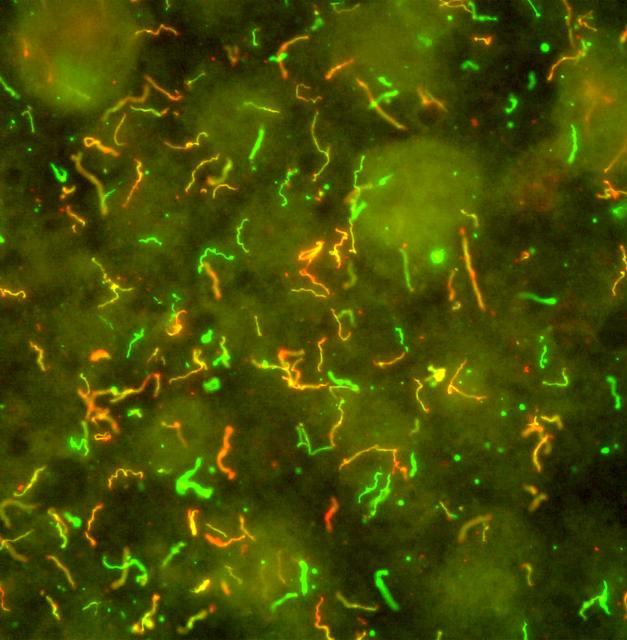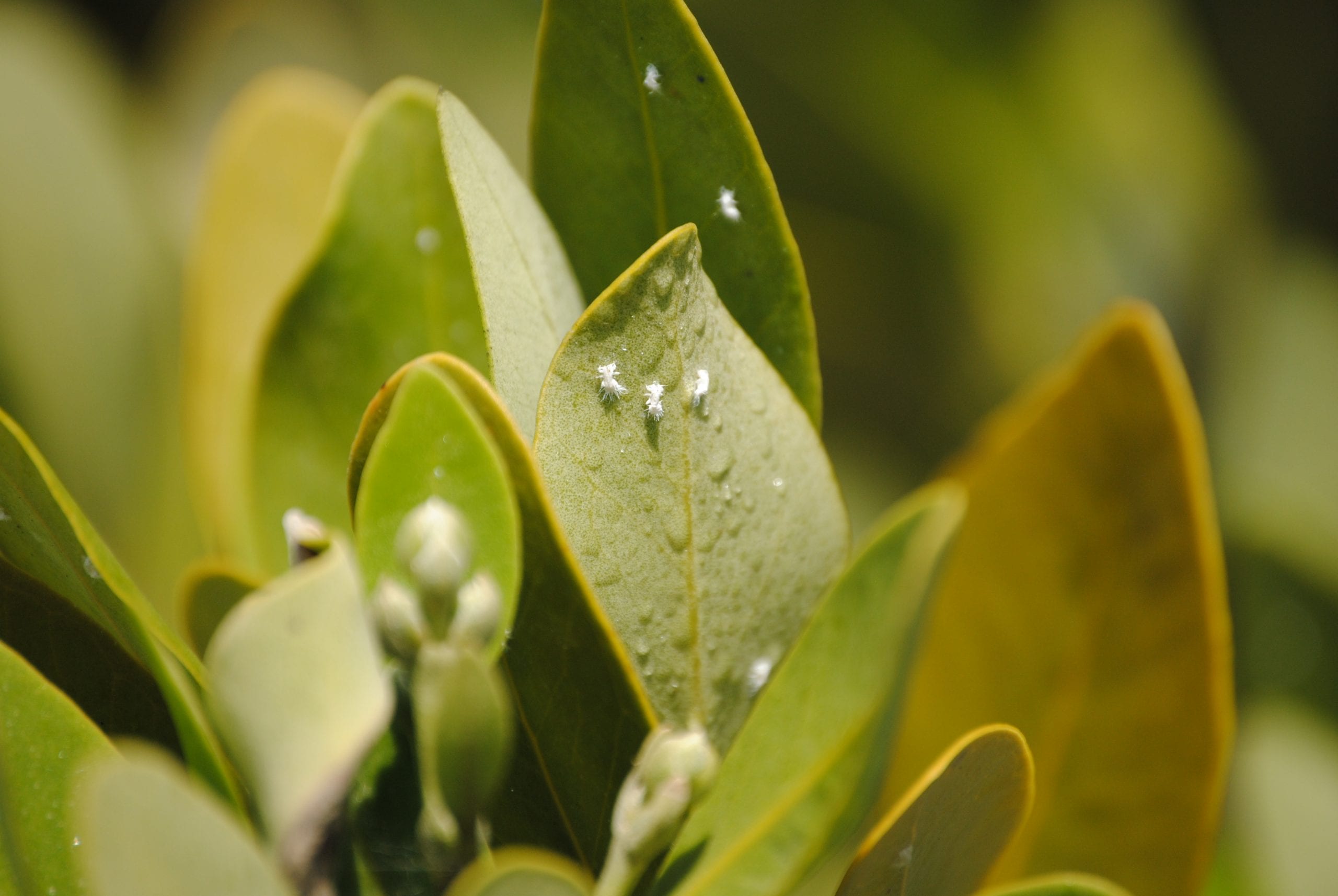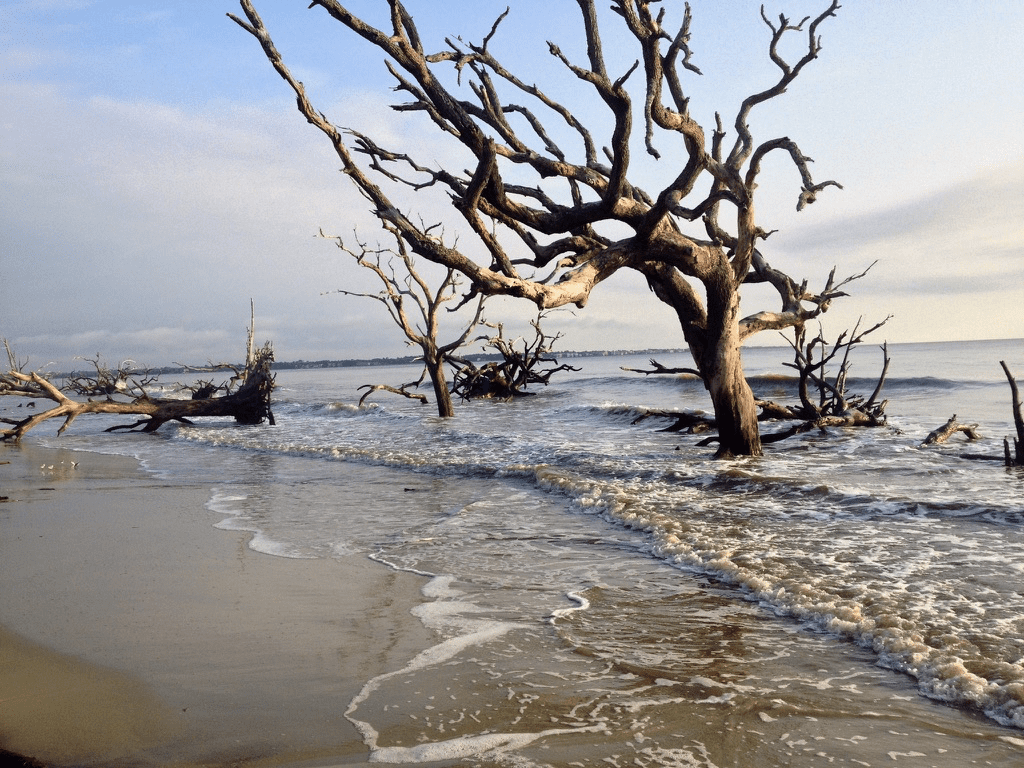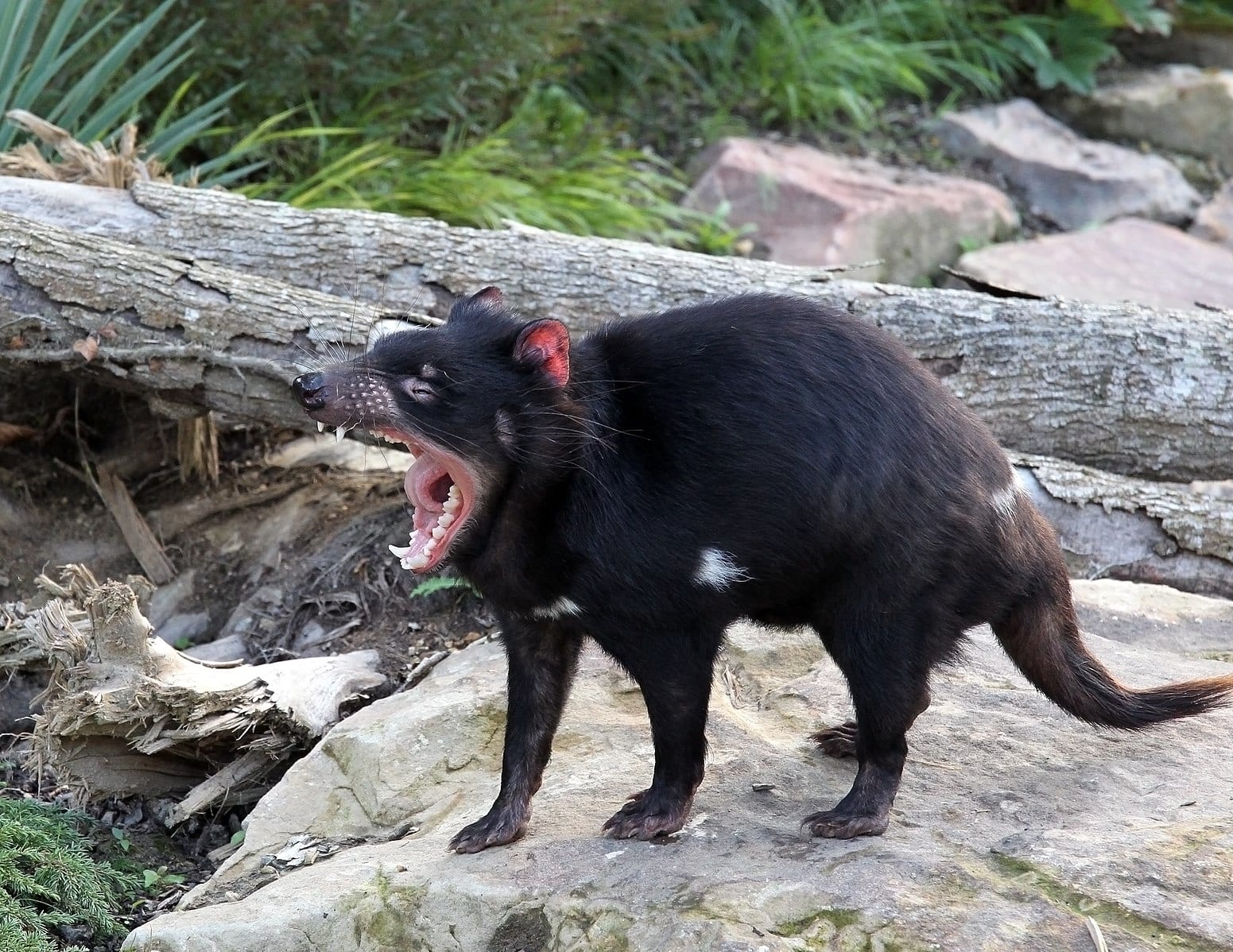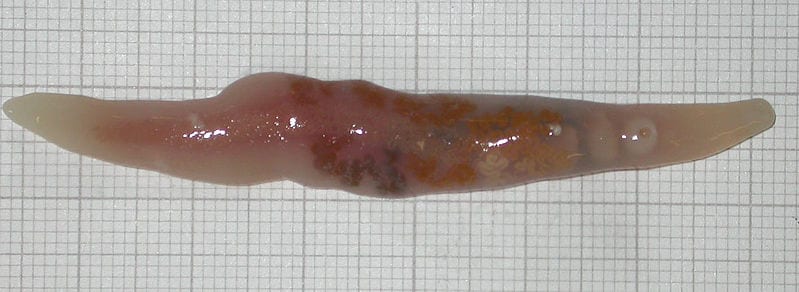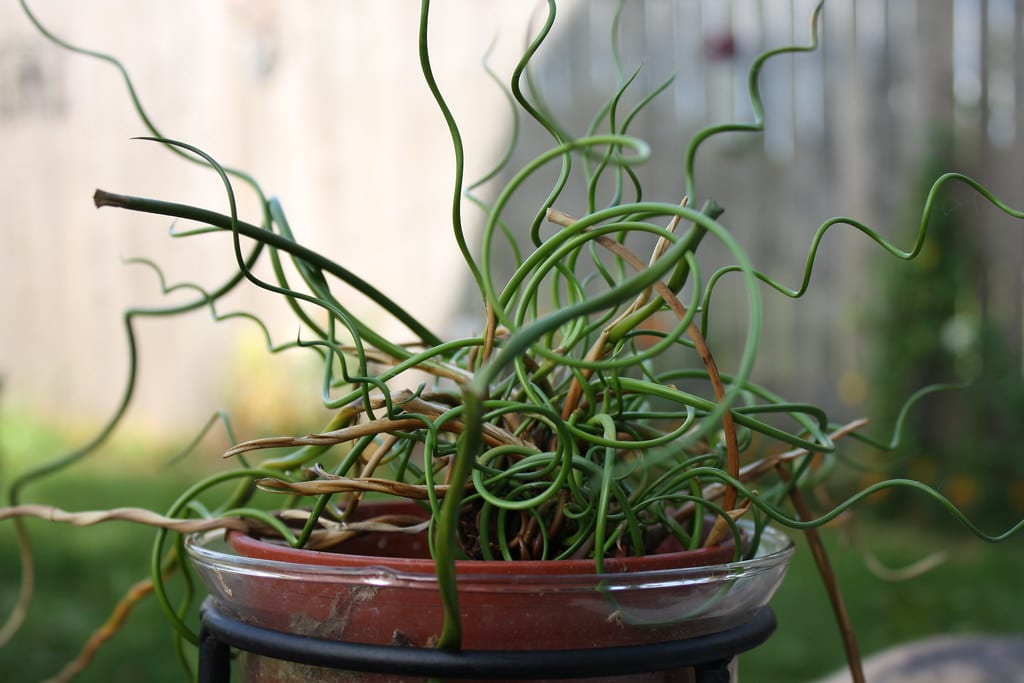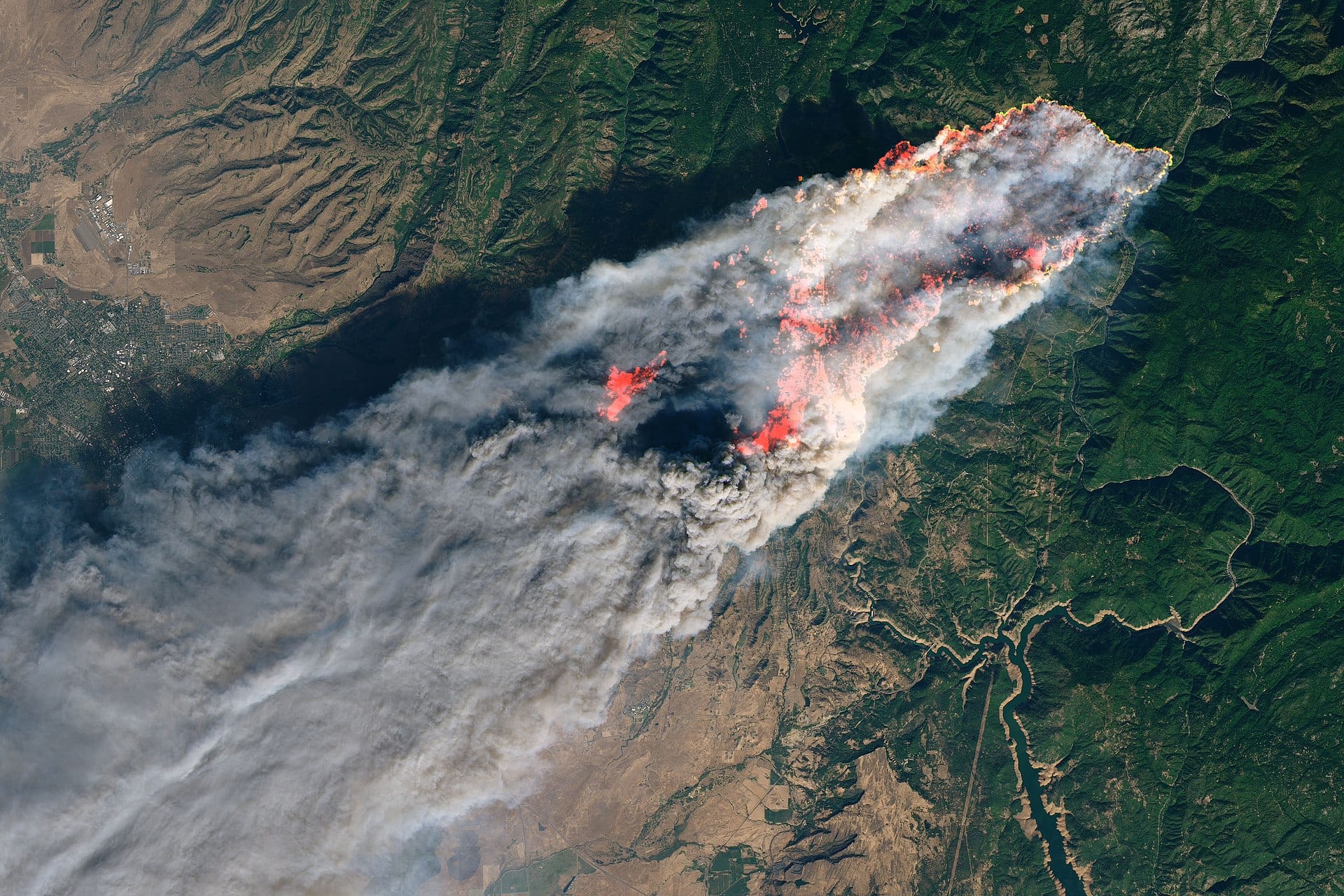
Fanning the flames
In recent years, it feels like we have watched parts of the world be swallowed whole by fire, painting a very apocalyptic picture of the future. Nearly 40,000 square miles in Australia were decimated by bushfires last year. California's Camp Fire displaced about 50,000 residents, and Indonesia saw over 2 million acres of land consumed

